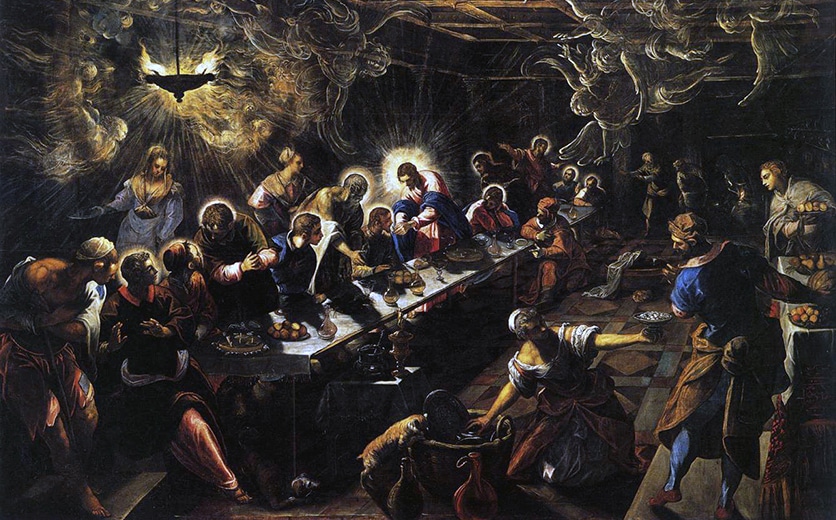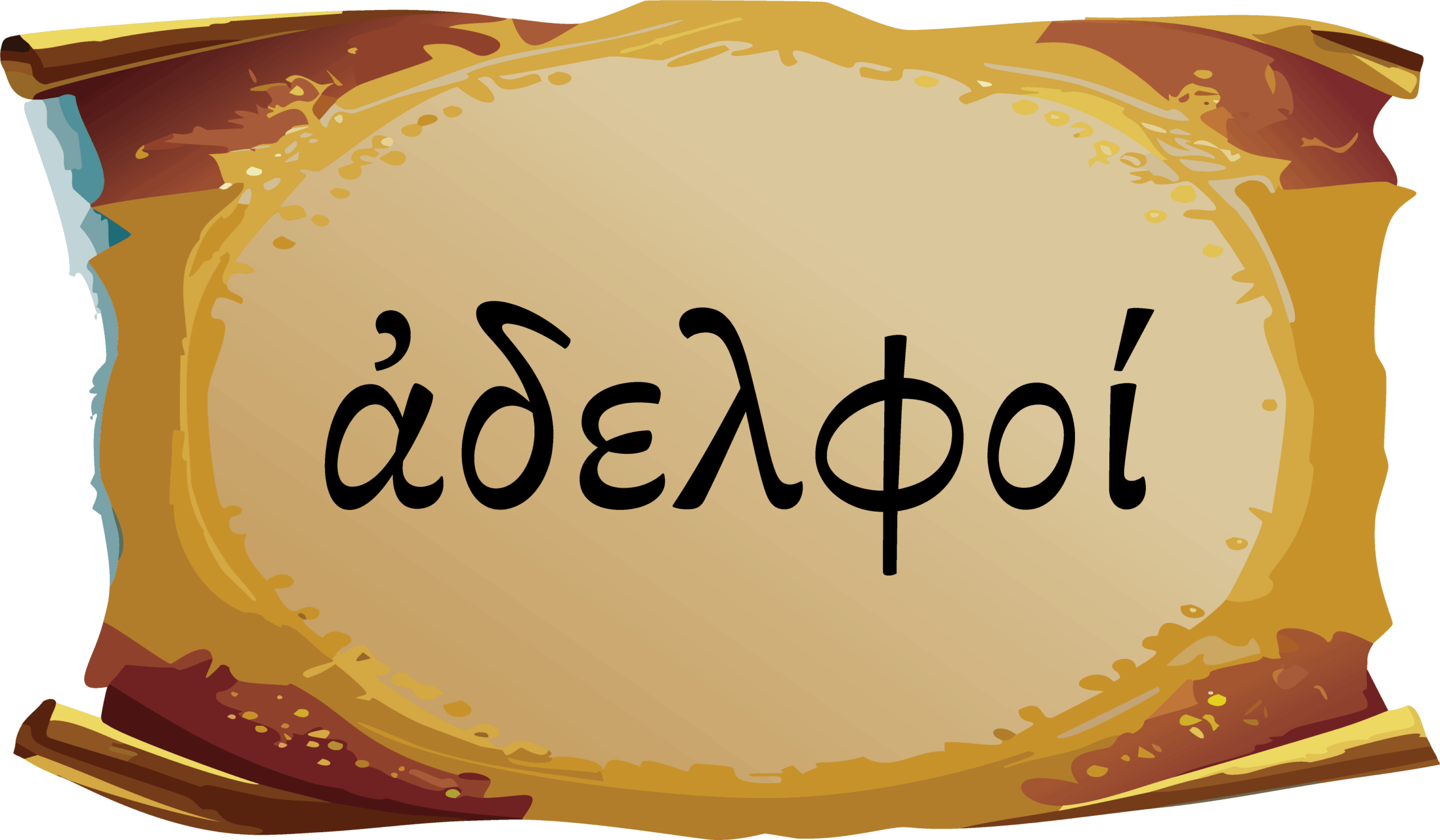“Glossolalia,” the act of speaking in a language that is either incomprehensible or at least unknown to the speaker. Apparently, the phenomenon of glossolalia played a prominent role in the life of at least some early Christian communities. In (Acts 2), the apostles are filled with the Holy Spirit on the day of Pentecost and are miraculously inspired to speak in actual foreign languages that they themselves have never learned. This phenomenon is repeated in (Acts 10:46 and Acts 19:3). Speaking in tongues comes up in a somewhat different vein in 1 Corinthians, where Paul addresses problems associated with the practice. He acknowledges that the ability to speak in “various kinds of tongues” and the ability to interpret these tongues are “spiritual gifts” (1Cor 12:10), but also advises his readers to seek the “higher gifts” (1Cor 12:31), such as the ability to prophesy (1Cor 14:1). In (1Cor 13), Paul exalts love as the ultimate aim for all believers, and in (1Cor 14), he gives a number of specific directions about the use of glossolalia. In this Letter the phenomenon of “speaking in tongues” seems to involve speaking in an ecstatic, incomprehensible language rather than an actual foreign language; it is possible that Paul thought it involved speaking in the language of angels (1Cor 13:1).




